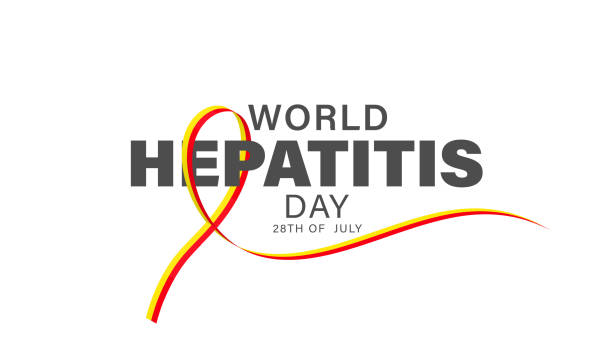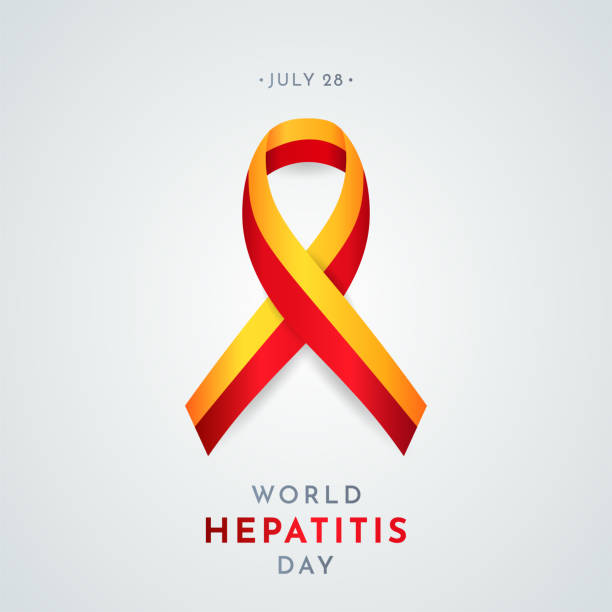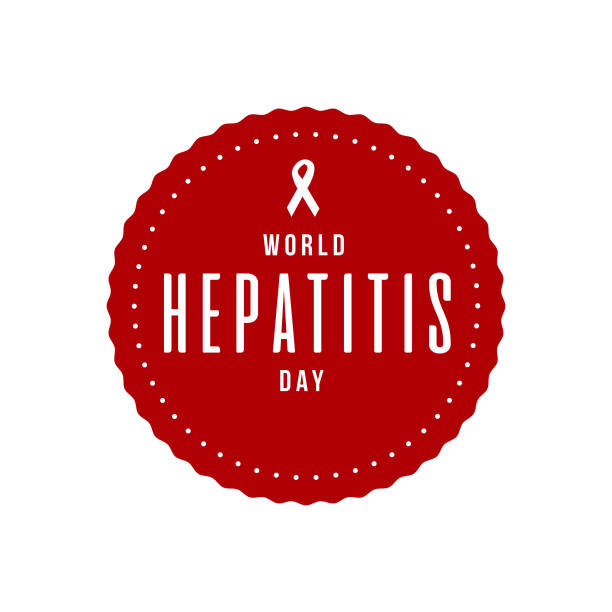Importance of World Hepatitis Day
World Hepatitis Day is commemorated annually on July 28 to increase public awareness of the potentially fatal condition. The purpose of the day is to increase public awareness of early infection identification and infection prevention strategies. Hepatitis A, B, C, D, and E are a set of infections that are linked to the disease. The liver becomes inflamed as a result of the liver disease hepatitis. The swelling of tissues in an injured or infected person's body is referred to as inflammation. The liver, the largest organ in the human body, is primarily responsible for directing blood from the stomach to the rest of the body.

Viral hepatitis: What is it?
The liver is inflamed and harmed by hepatitis. Hepatitis is typically caused by viral infections. The five primary hepatitis viruses are A, B, C, D, and E. The kind of hepatitis and the person determine the severity of the illness and the course of treatment. It may result in cancer or liver cirrhosis. The symptoms of hepatitis include jaundice, which is a yellow discoloration of the skin, dark urine, nausea, vomiting, and abdominal pain.

History
Baruch, Dr. The hepatitis B virus was identified in 1967, and Samuel Blumberg, a physician and geneticist also known as Barry Blumberg, was given the Nobel Prize for developing the first hepatitis B vaccine. His birthday, July 28, was selected as World Hepatitis Day in honor of his accomplishments and efforts.

One of the eight official global health days recognized by the World Health Organization is World Hepatitis Day. With approximately 33 crore people worldwide suffering from chronic hepatitis B or C, this yearly event emphasizes the terrible effects of viral hepatitis infection. The first "International Hepatitis C Awareness Day" was held on October 1, 2004, and it was organized and coordinated by various patient groups from Europe and the Middle East. Subsequently, these groups commemorated this event on various other occasions. The World Hepatitis Alliance, in collaboration with other patient organizations, established May 19 as the first-ever World Hepatitis Day in 2008 to further the impact of this event.

In order to acknowledge the contributions of Dr. Baruch Samuel Blumberg, a resolution was later adopted during the World Health Assembly in 2010 to move the date to July 28. The purpose of setting aside this day was to raise awareness of viral hepatitis as a global public health issue and to educate people about it.

World Hepatitis Day: Its Importance World Hepatitis Day
The day has a big impact on how likely it is that the disease will be cured and that it won't spread any further. People must be aware of the disease in order to receive the hepatitis B vaccine. Promotes awareness of viral hepatitis, an inflammation that results in liver problems and cancers that are connected. Hepatitis B and C are the most common causes of death among the five main strains of the hepatitis virus, accounting for 1.3 million fatalities annually. We can eradicate hepatitis in the future if we work together.

Promotes hepatitis B immunization and provides at least two boosters to prevent infections in newborns. Stopping the mother-to-child transmission. Every pregnant woman should have routine testing for syphilis, hepatitis B, and HIV, and receive any necessary treatment. Do not abandon anyone. Everyone, including drug users, prisoners, newcomers, and other high-impact individuals, needs access to hepatitis prevention, testing, and treatment programmes.


















